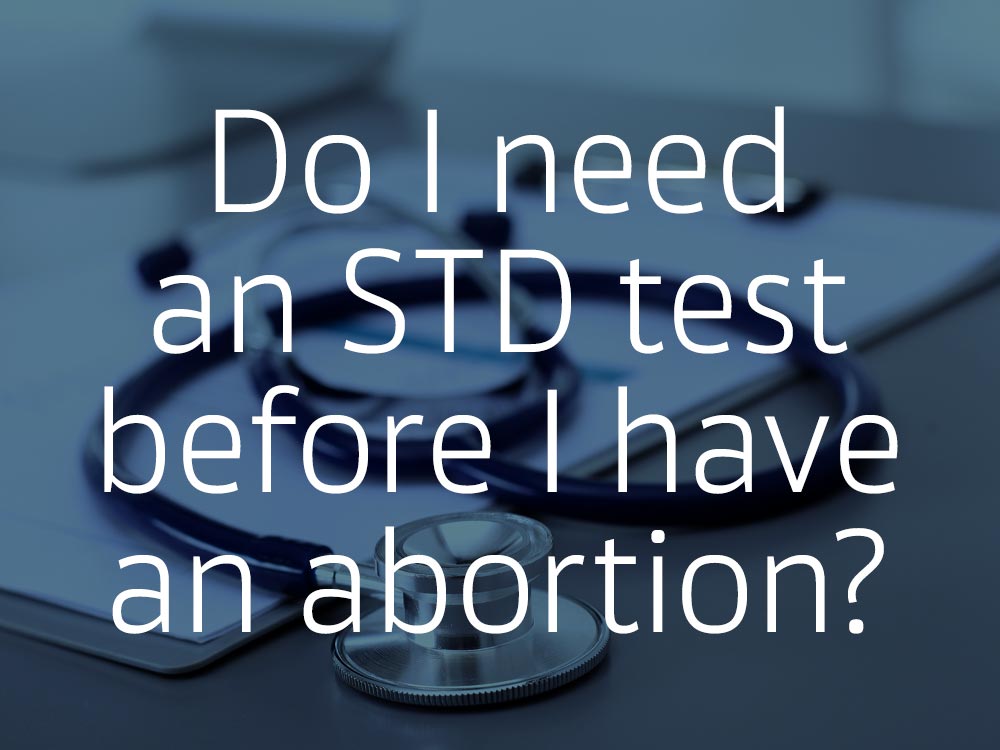 Why should I get an STD/STI test before I have an abortion?
Why should I get an STD/STI test before I have an abortion?
At A Woman’s Concern, we provide testing and help access treatment for two sexually transmitted diseases—chlamydia and gonorrhea. In accordance with the PA Department of Health and following CDC guidelines, we are currently providing this free service for patients who come to our center.
Chlamydia and gonorrhea are prevalent in southeast and south central Pennsylvania. It is important that pregnant women who come to our center know if they have one of these infections, particularly if they are considering having an abortion.
Here’s why—chlamydia and gonorrhea are dangerous even if they remain outside the body. However, during an abortion procedure (as well as during childbirth, the insertion of an IUD, or other circumstances), infected cells can be carried from the vaginal opening up inside the uterus and can cause a second condition called Pelvic Inflammatory Disease (PID).
PID can lead to serious complications including:
- infertility,
- ectopic pregnancy,
- abscess formation,
- and chronic pelvic pain.
In order to help prevent PID, it is important to be tested and treated for chlamydia and gonorrhea, especially before having an abortion.
Do I really need to worry about an STD?
The CDC reports some staggering information regarding sexually transmitted infections (STIs) and sexually transmitted diseases (STDs):
- 1 in 5 people in the US have an STI.
- Almost half of the new STI cases reported were among ages 15-24 in the US.
- Many STIs are never detected, since people often have no symptoms.
- Untreated gonorrhea and chlamydia may increase chances of getting HIV.
- The surest way to avoid STDs is to not have sex.
We encourage you to take the time to get tested. Talking about STIs and STDs may be a little uncomfortable, but your health is worth it.
What Next?
If you think you might be pregnant and would like to receive a FREE pregnancy test along with an STD test, contact us at 717.394.1561 (option 1) or send us a confidential message.
You matter. Your health matters. Choose to know.
This information is presented as an informational tool only. It is not intended to replace medical advice or care from a qualified medical provider.







